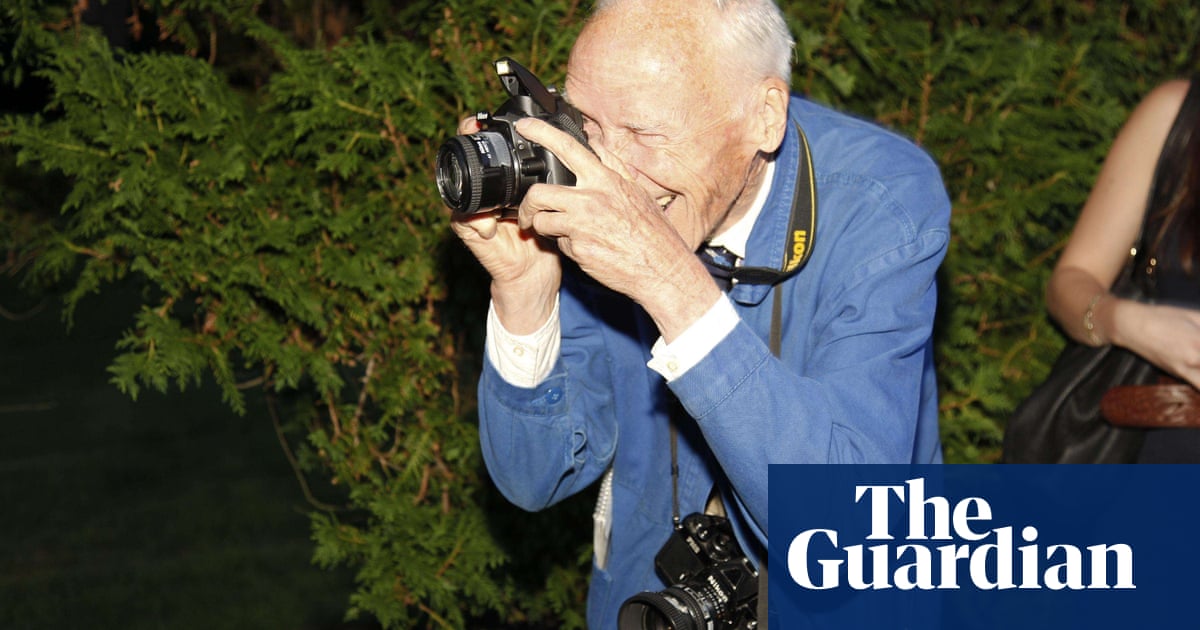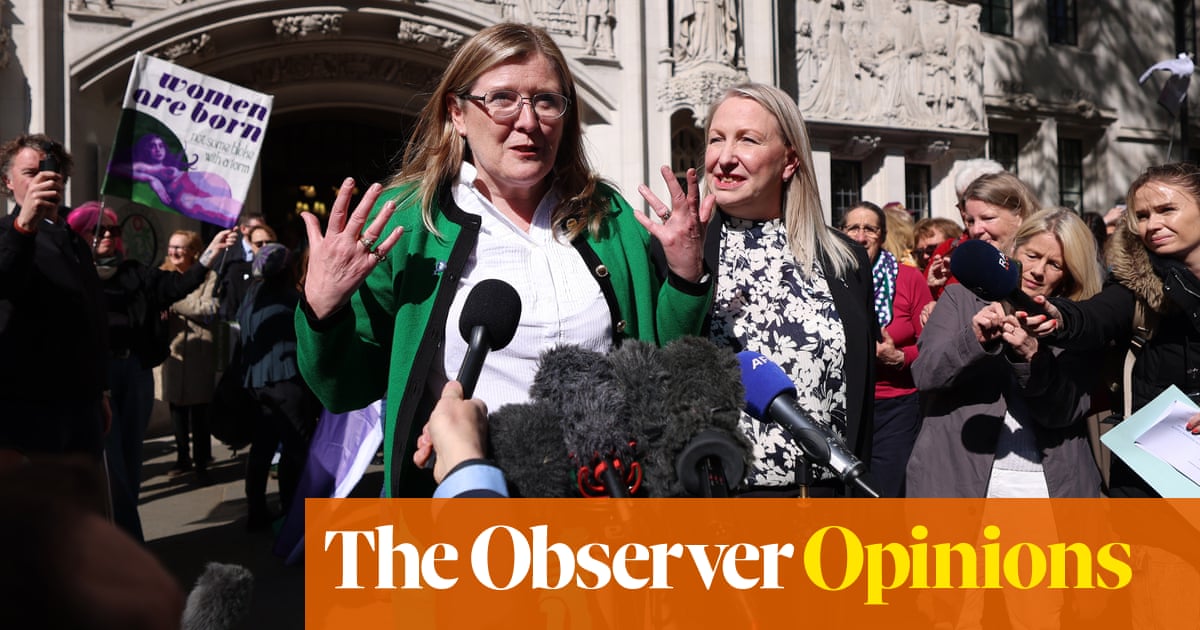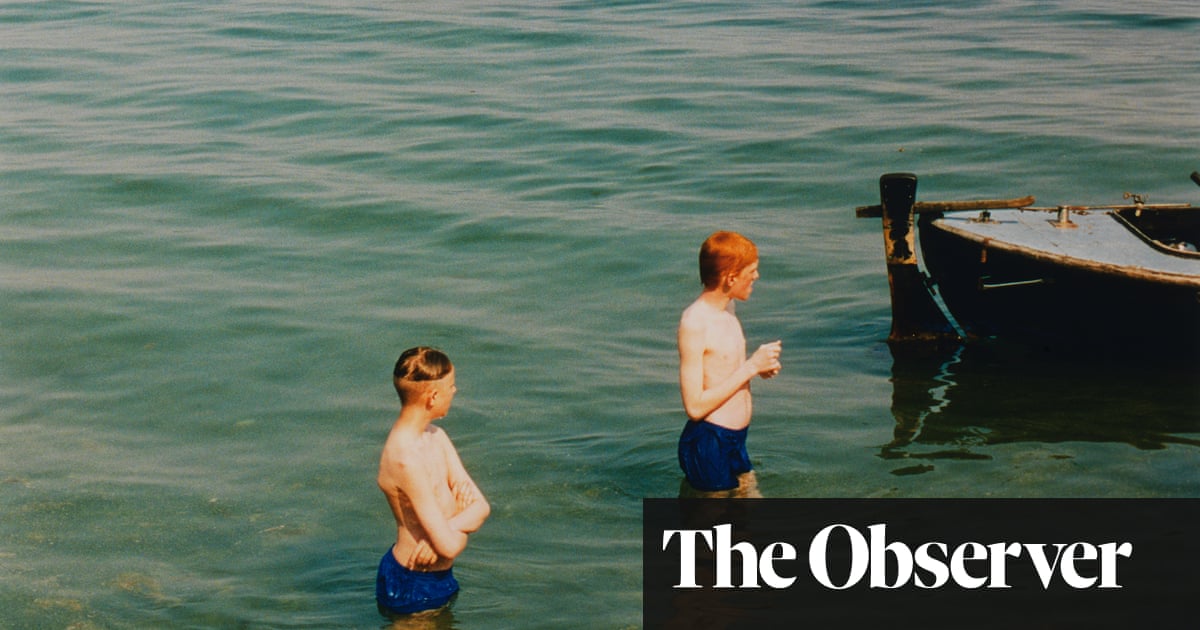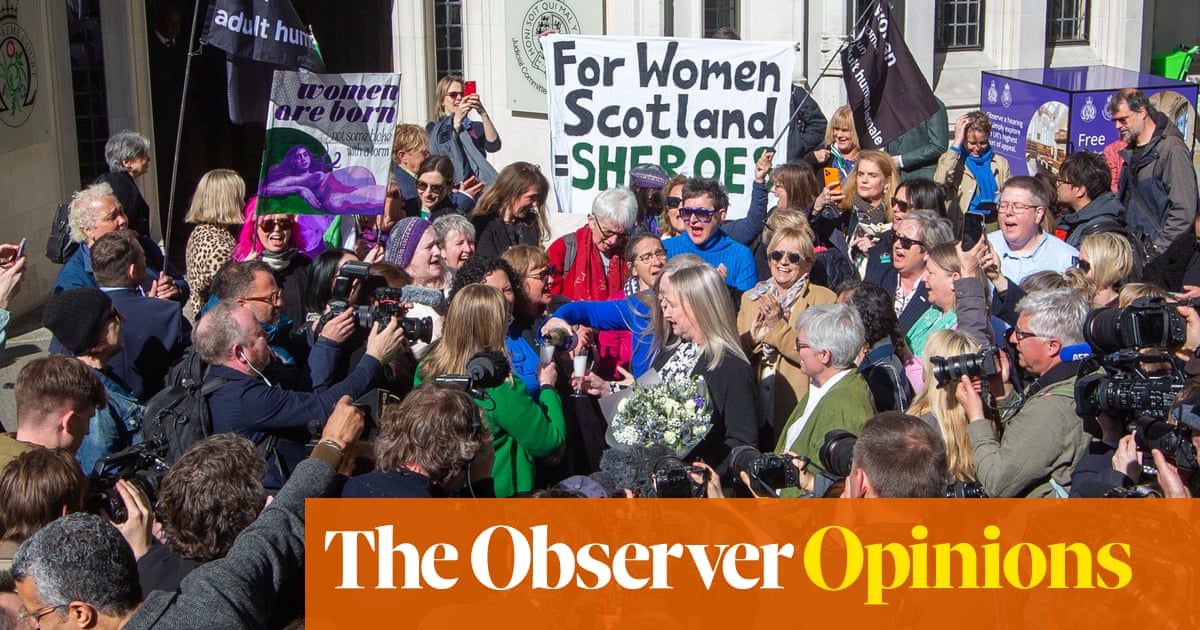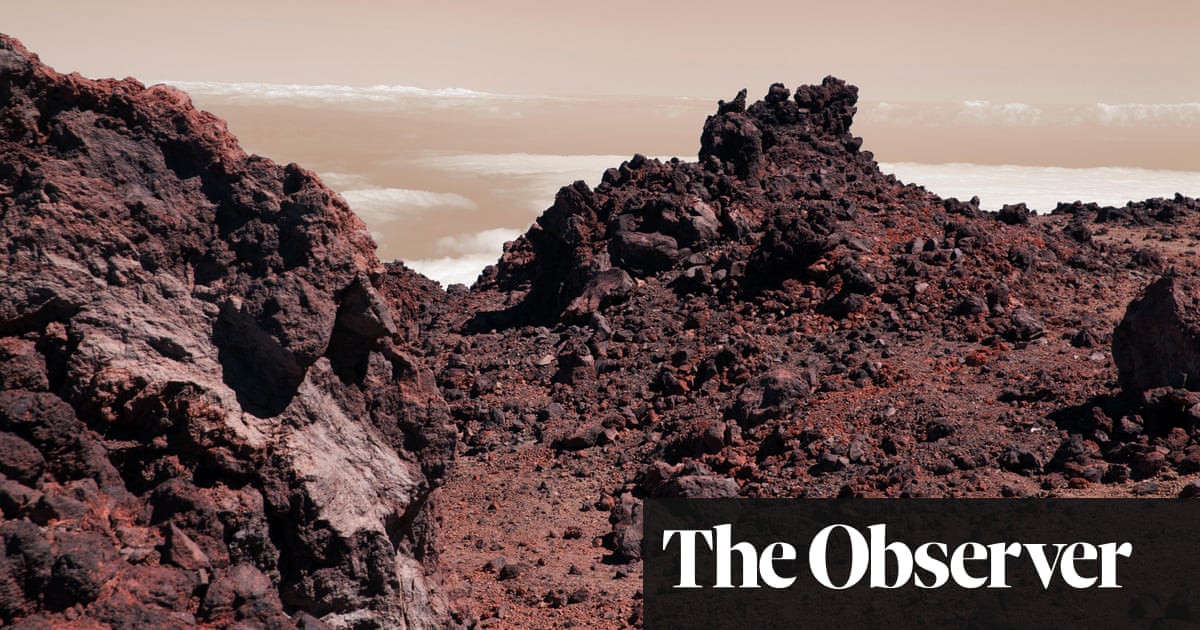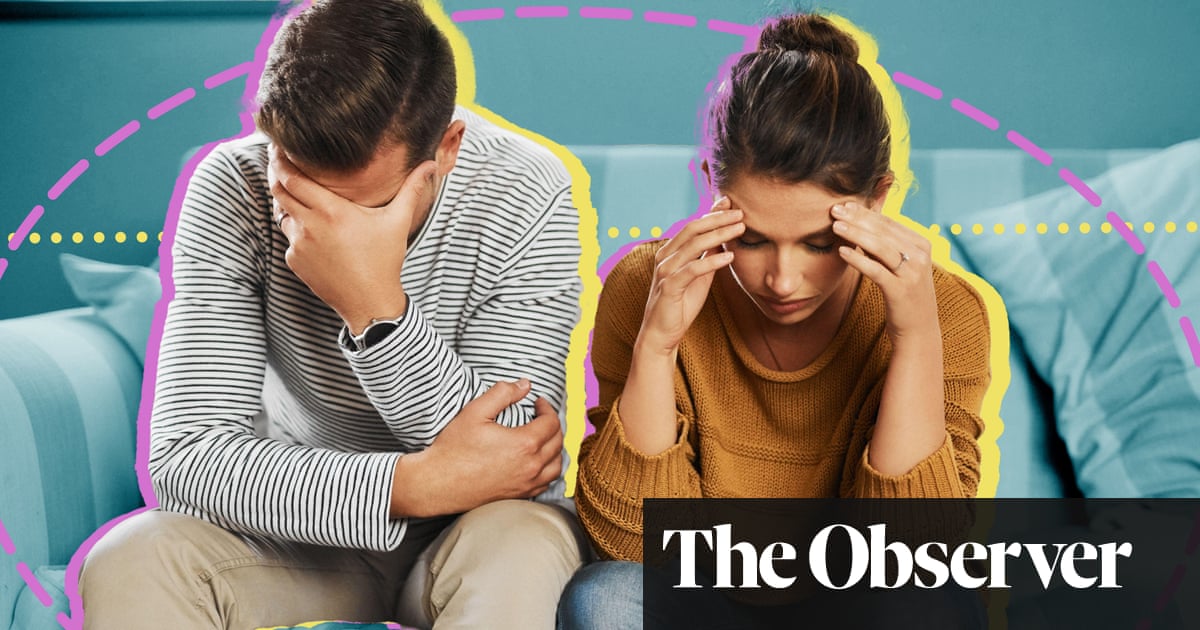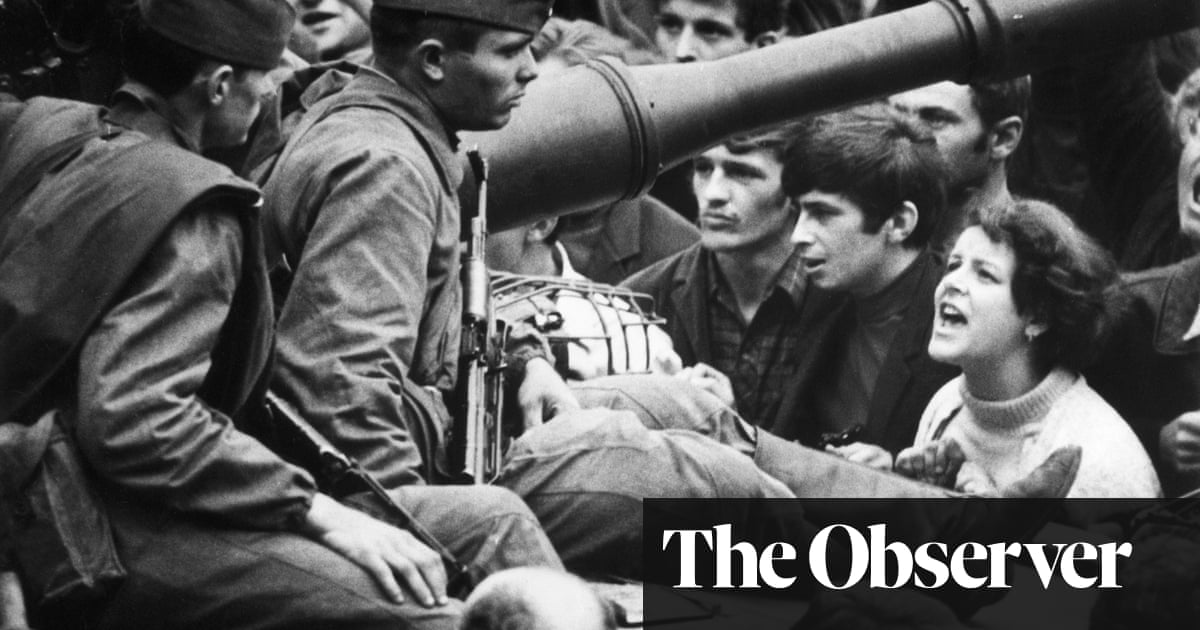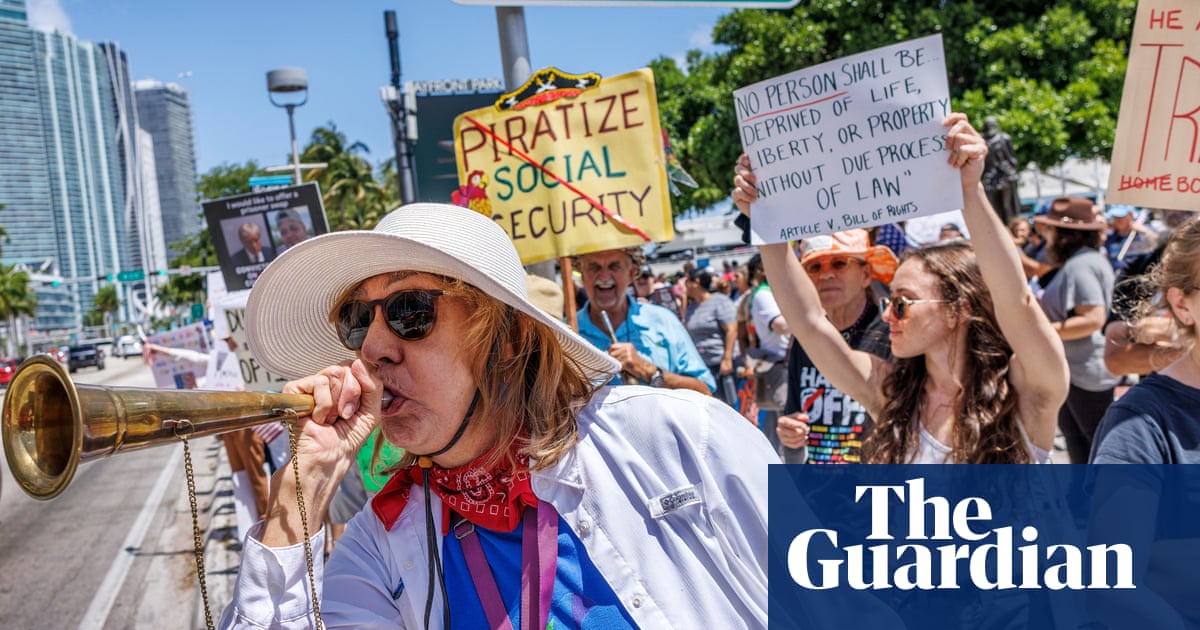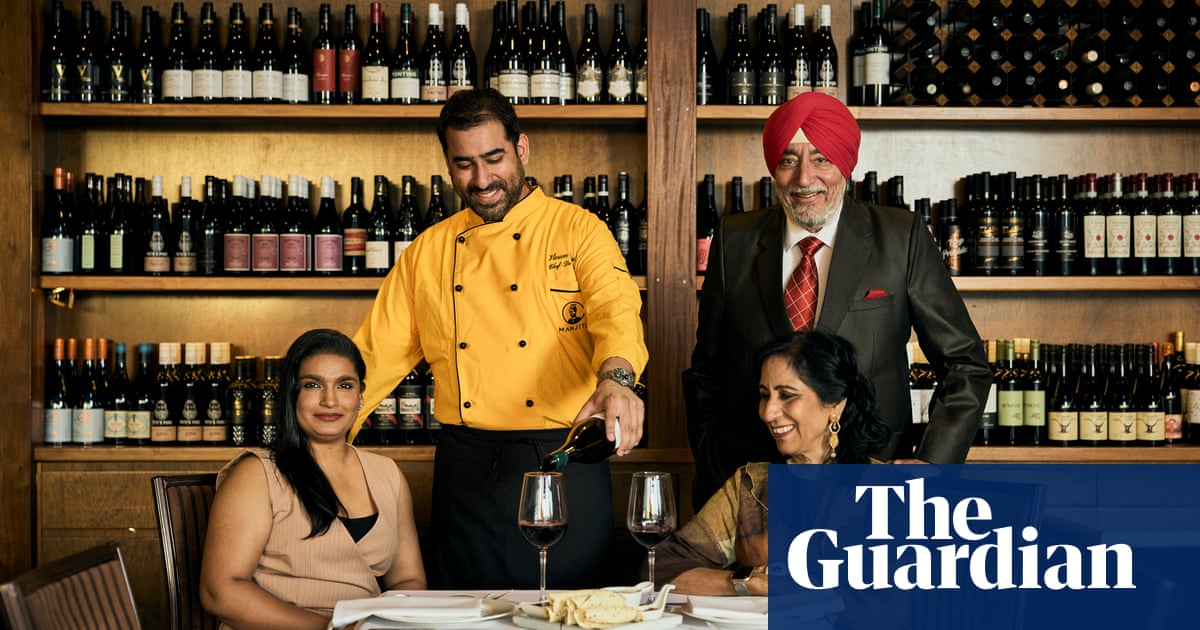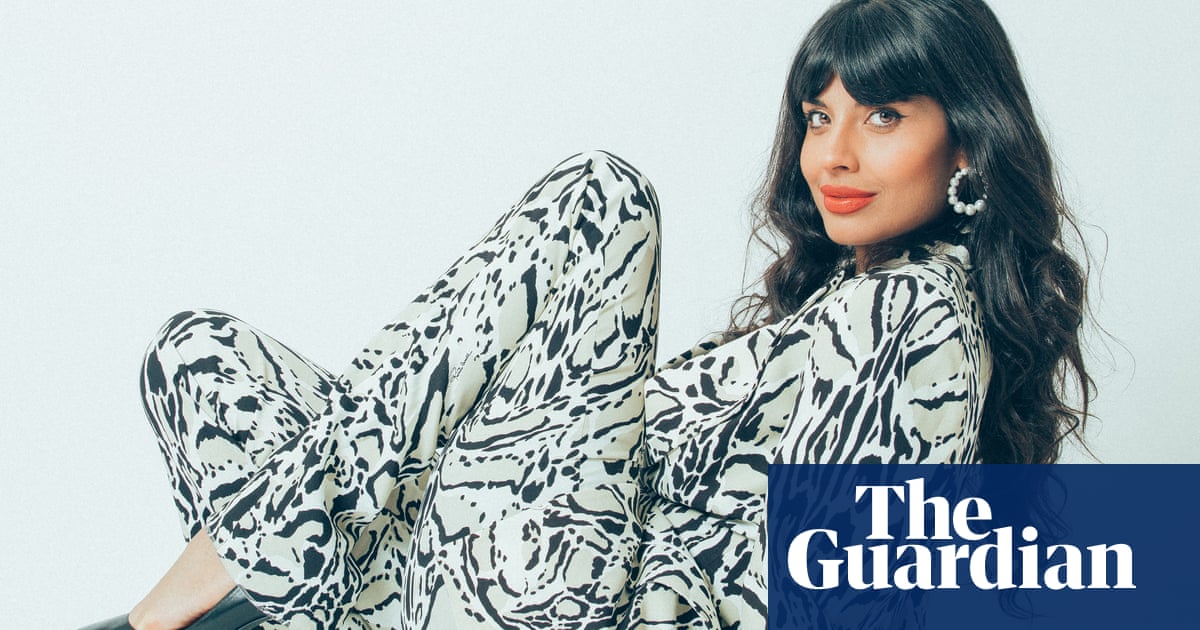We’d been riding our mountain bikes and chatting for a solid half-hour when my friend casually said: “Oh yeah, I’m pregnant.”
She said it the same way one might say: “I stopped by the grocery store” – although this was, in fact, a conversational hand grenade. My stomach dropped. No, I thought.
It was a weekday afternoon, and she’d been one of my few friends without children to pick up from school or care who could join me for a spontaneous outing. And now she was the third one of my friends in as many years who’d never been outwardly intent on motherhood to unexpectedly announce their pregnancy.
Although data shows that more Americans are choosing not to have children, it’s still an uncommon path. Now in my early 40s, I’ve watched many couples who said they didn’t want children swing the opposite direction.
A sudden sense of loss washed over me. I’ve maintained, as best I can, my changed relationships with friends who became parents. But friends who were also childless by choice? Those were like gold, rare and precious.
I felt the isolation I often keep at bay slingshot past my defenses and settle heavily, but I schooled my face into a delighted smile. “Congratulations!” I exclaimed, jumping off my bike to wrap my friend in a hug.
After all, I’m the one who chose this certain kind of freedom, who gets to travel to far-flung locales on short notice, go to an unscheduled concert, prioritize my own needs and desires. I never consciously chose the tradeoff of categorical exclusion from conversations, gatherings and entire friend circles. But still, I made the choice. I’m not supposed to bemoan it.
And yet.
Five years ago, I sat in my OB-GYN’s office, trying to note down everything important he was telling me. I needed surgery for endometriosis, a disease that felt like a gremlin gleefully excavating my insides with a trowel. We were chatting about the general process for laparoscopic removal of the offending tiny growths, when the doctor said something that made my heart skip a beat.
“While I’m in there, since they’re linked to ovarian cancer – do you want me to remove your fallopian tubes?”
I’ve known since my early 20s that I don’t want children, and I’m an expert at navigating the inevitable platitudes lobbed at me – everything from “You will when you meet the right person” to “Don’t worry, your clock will start ticking” – with learned grace. So why the skip? Why did I experience such totally unexpected, albeit minor, hesitation?
I went home and discussed the doctor’s question with my husband. No, I most certainly didn’t want to be a mother. But there was something so fundamental to female human nature about bearing children that I needed to sit for a minute with the idea of forever removing the option.
That same afternoon, I called to schedule the surgery.
I clearly remember the first time I felt an acute loneliness as a result of this choice. I was in my early 30s, sitting on my patio on a July day. Summer in Montana is a breathtakingly fleeting pause between snow and wildfire smoke. I’d been calling and texting people, hoping to get into the mountains with a good friend or two for an overnight backpacking trip. I made yet another call, this one to an old graduate school buddy.
“Oh shoot, we’ve already got plans to camp with the kids and the Longfields,” he said, naming another family we both knew. “Hope you have a great time, though!”
No invitation to join them was forthcoming. In his defense, perhaps he thought I wouldn’t want to – despite the fact I threw his wife’s baby showers and regularly invited them to dinner.
I put the phone in my lap, chest hollow. Nearly all of my friends were neck-deep in raising children, and I understood that it wasn’t easy. Still. I looked down at my dog at my feet, who’d become my most staunch companion. “Guess it’s you and me, girl.”
There are whole communities formed among parents, robust with events and gatherings and friend groups that often don’t even involve their kids. There’s the book club my sister was invited to be part of, made up of mothers whose children play together. There are the parent-friendly holiday parties that you only hear about after the fact.
Because I’m an extrovert to whom relationships and a strong community are a bedrock value, living outside of such a prominent group for whom community seems to be a given can feel particularly lonely. Especially because I don’t want to grow apart from these friends more than the parenting divide already inevitably pushes us. I want their toddlers to paint my nails, I want to hear where their teenagers are thinking of going to college – along with everything else in my friends’ lives, from relationships and work to grief and celebrations.
I know that my perceived isolation pales in comparison to others’. A friend of mine has a sweet daughter with an exceedingly rare genetic disorder resulting in severe developmental delays. She’s excluded from the “normal” parent circles, and must care for her daughter’s special needs outside of them. Another friend is childless in her 40s and single. She’s often not invited to social gatherings simply because she isn’t part of a couple. And there are the friends who have wanted children and tried so hard to have them, suffering in fatefully imposed loneliness.
I also know it’s not a contest.
Earlier this winter, a group of us milled about at a trailhead, sorting gear into backpacks to ski to a hut for the weekend. Beside me was a longtime friend who had been a consistent ski partner before she had children, and one I’d still invited on ski tours after, even if she could only join one out of 10 times. I’d asked her to come for this multi-day trip only half expecting she could make it.
That’s the thing about friendships, about community. They take effort to maintain. Not just one-offs, either, but persistent effort, over time. I could have stopped asking this friend to join: shied away from the probable rejections, taken it personally, or grown tired of trying to work around her entirely different lifestyle. I could have let our relationship ebb and fade. Instead I gave us both a little grace and the effort I considered my long friendship with her deserved – as I hope my friends with children offer me, when they can.
“Thank you so much for thinking of me,” my friend said now as snow fell in fat flakes around us. “I feel like I never get invited on adventures any more.” She said how much she valued our friendship. “It reminds me that there’s life outside of parenting.”
It hit me then as I pulled her into a hug. It may look different for each of us. But all of us are seeking community, regardless of our life paths – chosen and not.
Cassidy Randall is the author of Thirty Below: The Harrowing and Heroic Story of the First All-Women’s Ascent of Denali, out in March

 3 months ago
98
3 months ago
98
